I’ve spent years wandering aisles of dusty shelves and hidden storefronts across the city, and I know antique book store NYC is more than a phrase — it’s a living culture. In this guide I share what I’ve learned about finding rare editions, reading seller cues, valuing books, and caring for fragile volumes. Whether you’re a first-time browser or a seasoned collector, I’ll walk you through practical steps and insider tips so you leave each shop richer in knowledge and possibly rare finds.
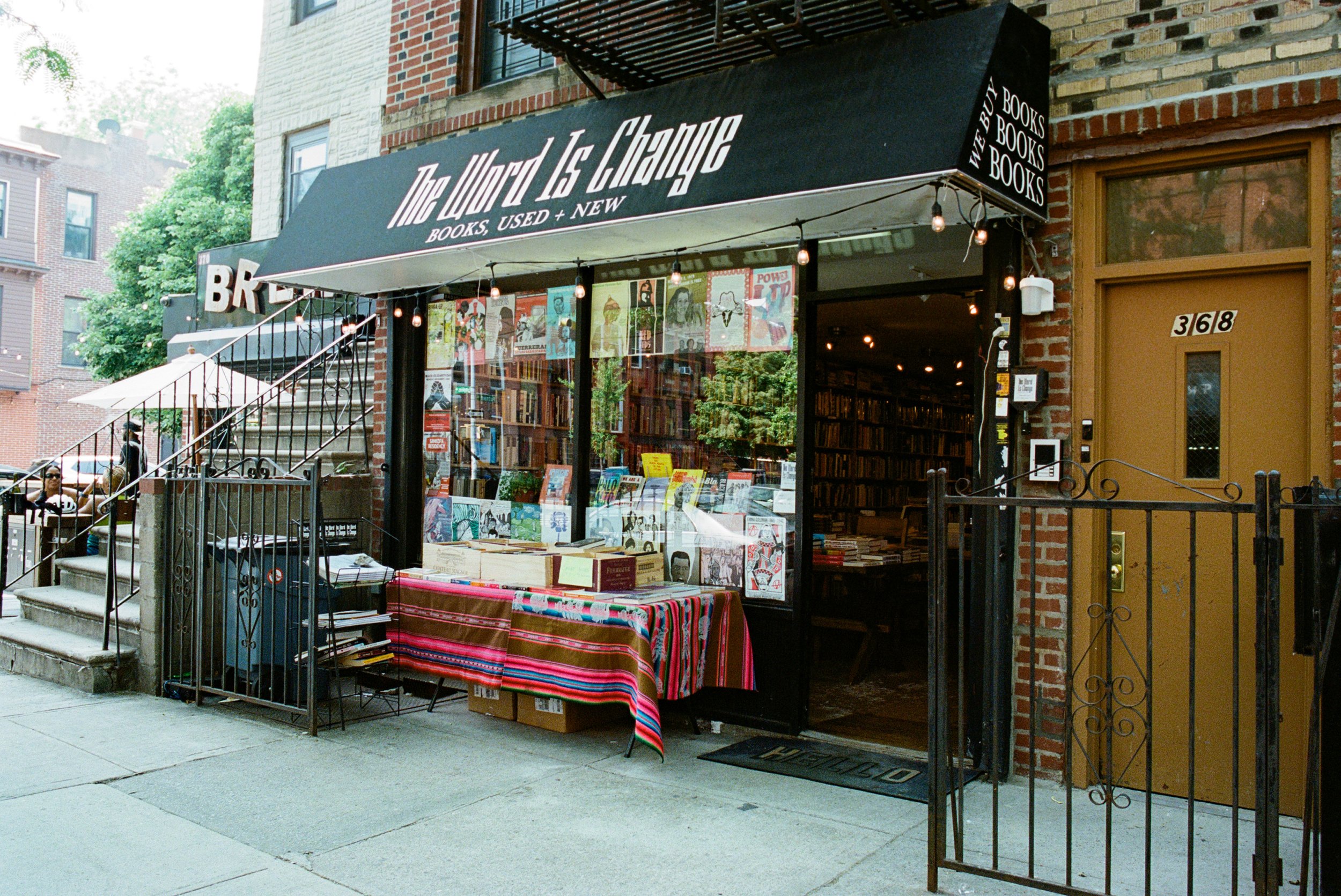
Source: passerbymagazine.com
Why New York City Is A Book Collector’s Paradise
New York City has a dense mix of academic institutions, long-established bookstores, and diverse neighborhoods. That mix creates constant turnover of private libraries and estates. I’ve seen rare travelogues, first editions, and out-of-print art books arrive at small shops on the same block as international dealers. The city’s auction houses and university libraries also feed the market. That means more chance to find unique items and better pricing because supply is varied and frequent.

Source: m.yelp.com
How To Find The Best Antique Book Stores In NYC
Start with a plan, not a map. I often pick a neighborhood and list two to three stores to visit. Use these approaches:
- Ask local librarians or professors for shop recommendations. They often know niche dealers.
- Search listings for “antiquarian,” “rare books,” or “used books” and call ahead to confirm specialties.
- Explore indie neighborhoods like the East Village, Greenwich Village, and the Upper West Side for hidden gems.
- Visit book fairs and antiquarian book shows; dealers often bring their best pieces there.
- Use social media and collector forums for recent discoveries and pop-up shop alerts.
I always call before going if I’m hunting for something specific. That saves time and lets the dealer pull items for inspection.

Source: www.argosybooks.com
What To Look For When Evaluating Antique Books
When I inspect an item I check a few key things in this order:
- Edition and printing information. First editions and first printings often matter most.
- Condition: pages, binding, dust jacket, and signatures. Small tears reduce value; original dust jackets increase it.
- Provenance: notes, signatures, or bookplates that show history.
- Rarity and demand: niche topics can be rare but not valuable unless there’s demand.
- Completeness: missing maps, plates, or illustrations affect value.
Bring a loupe or a magnifying glass if you plan serious buys. Photos and notes help compare items later. I always handle books gently and ask permission before opening fragile volumes.
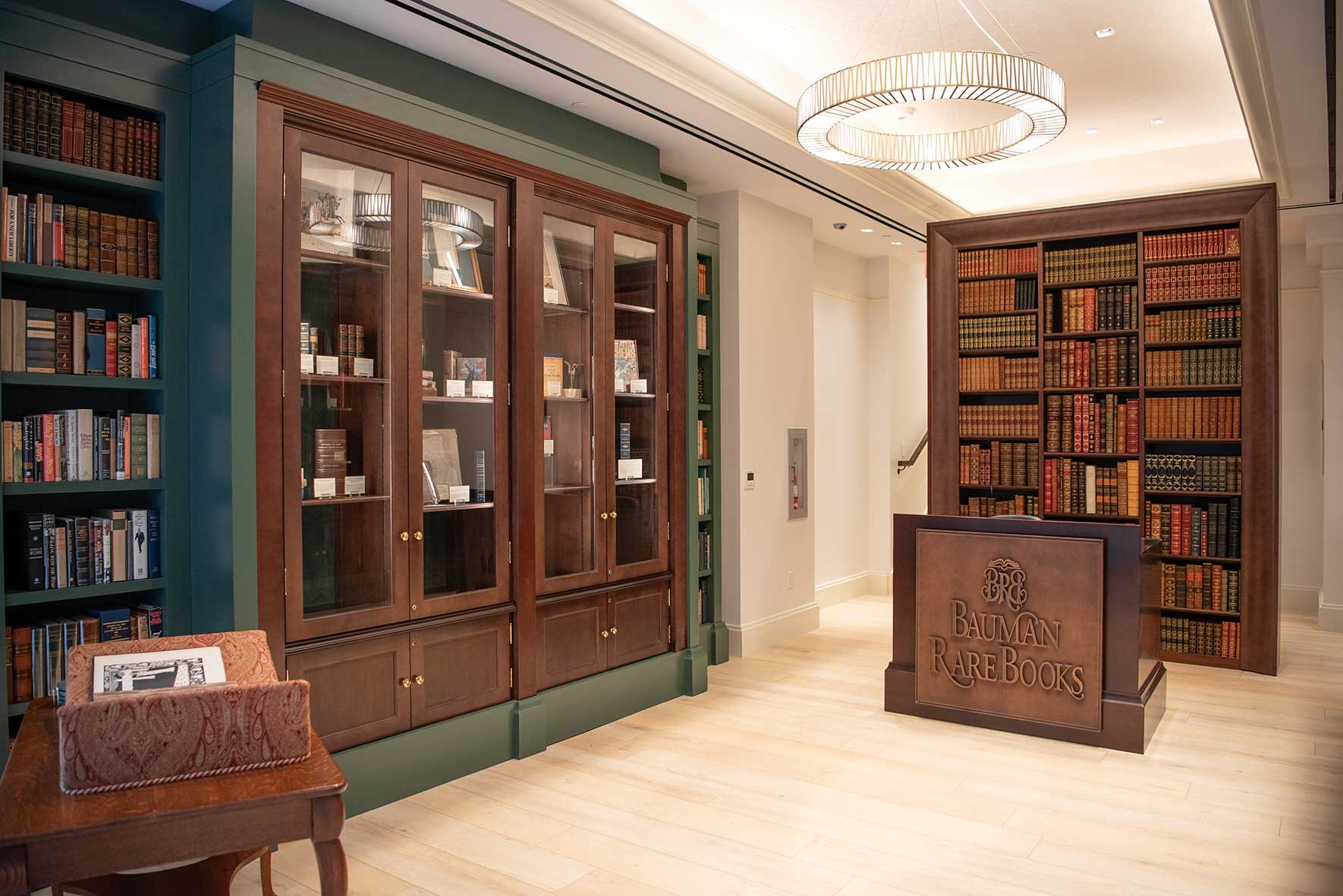
Source: www.baumanrarebooks.com
Pricing, Negotiation, And What’s Fair
Pricing varies widely. I learned to balance research with respect for dealers. Use these tips:
- Research similar editions online to get price ranges.
- Ask the dealer how they priced the book — costs like repair or provenance research matter.
- Offer a fair discount if the book needs repair or has flaws. A polite approach usually works better than hard bargaining.
- Consider bundled deals for multiple purchases — dealers often accept small discounts for larger sales.
- Watch for red flags: prices that are far below market can be scams or indicate damage not disclosed.
I once negotiated a reasonable price on a damaged but rare book by offering to pay for minor rebound work. The dealer accepted, and both of us were satisfied.
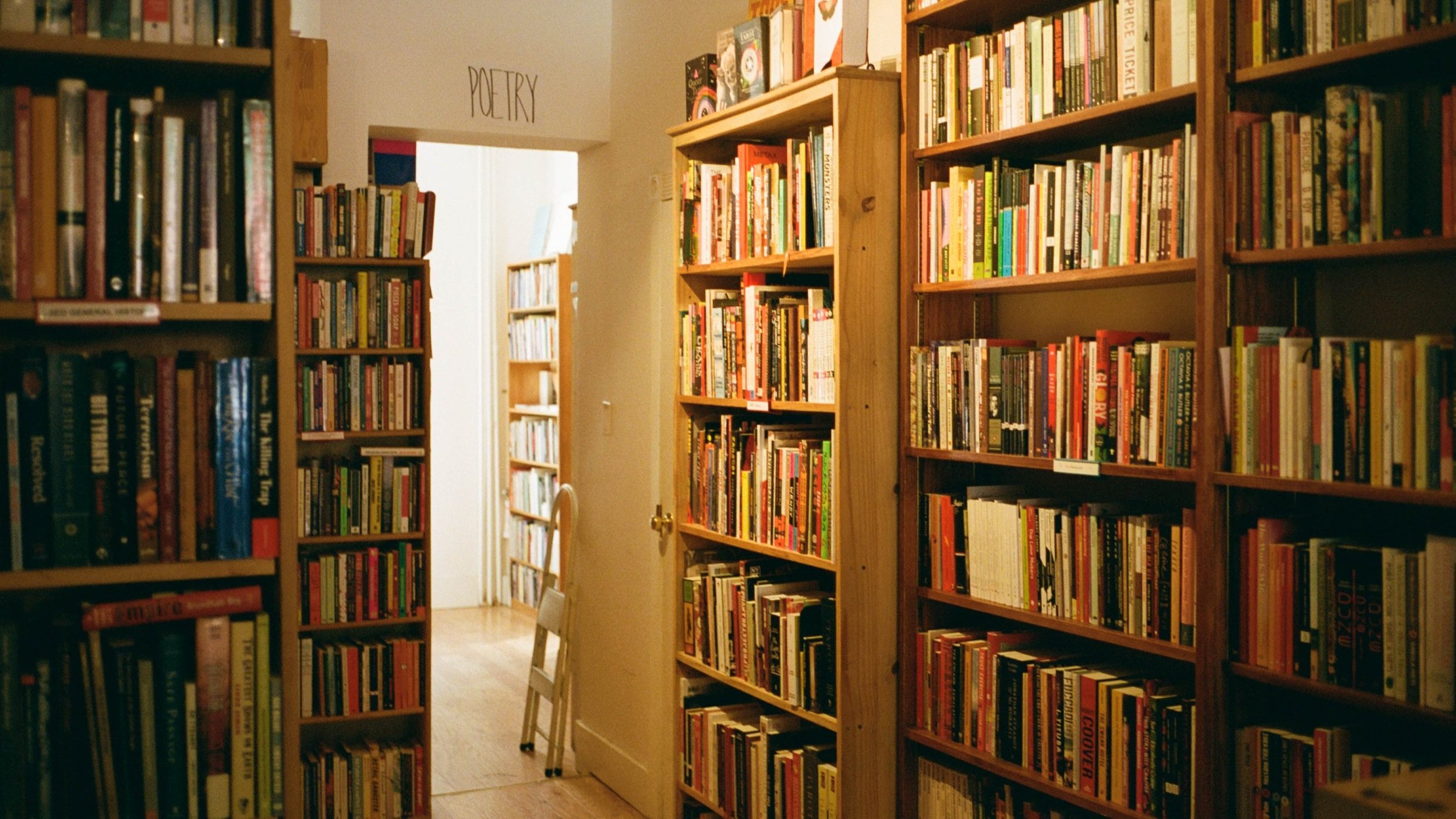
Source: passerbymagazine.com
Preservation And Care For Antique Books
Owning antique books is a responsibility. I follow simple care rules that keep my collection healthy:
- Store upright on shelves with support. Use acid-free bookends for fragile spines.
- Keep temperature stable. Avoid attics or basements with wide swings.
- Control humidity. Aim for 35–50% relative humidity to prevent mold and brittleness.
- Use acid-free boxes or wrappers for extremely fragile volumes.
- Minimize direct sunlight to protect covers and pages.
- Wear clean hands or cotton gloves for very fragile or valuable items.
If a book needs repair, consult a professional conservator. DIY fixes often cause more harm than good.
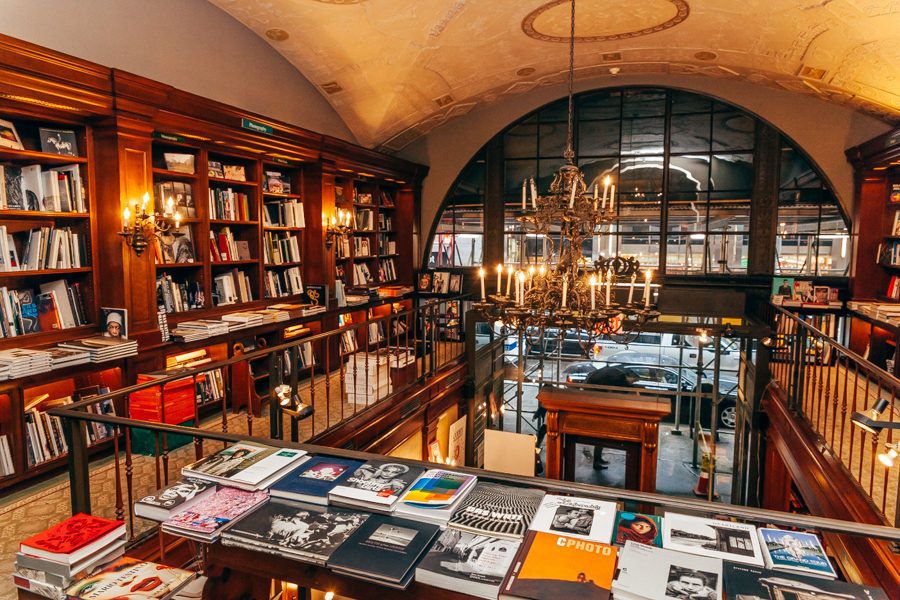
Source: food52.com
Online Tools, Auctions, And Events To Watch
I use a short list of reliable tools to track availability and prices:
- Online catalogs of reputable antiquarian dealers.
- Auction sites and historical sales records to see realized prices.
- Library special-collections catalogs for reference and provenance clues.
- Local book fairs, antiquarian book week events, and university sales.
Attend book fairs with a plan: note booths selling your interest area and ask dealers about hidden stock or upcoming estate sales. I’ve found that a quick conversation at a fair often leads to private viewings later.
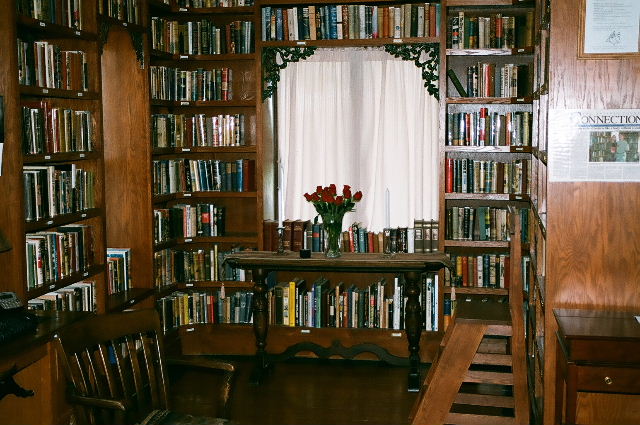
Source: www.oldscrolls.com
Personal Lessons, Mistakes, And Quick Tips
Over time I learned key lessons the hard way:
- Mistake to avoid: buying purely on nostalgia without checking edition and condition. I once paid too much for a popular title that was a later printing.
- Lesson learned: always ask for provenance details. A modest signature can triple a book’s value when authenticated.
- Quick tips I use frequently:
- Bring a notebook and take quick reference photos.
- Carry small bills and a card; some shops prefer cash.
- Ask about return policies before purchase.
- Build relationships with dealers. They often tip me about incoming collections.
These habits have saved me money and helped me build a curated collection I love.
How To Build A Collection With Purpose
Collecting is more meaningful when you collect with a theme. I recommend:
- Choose a focus: author, era, subject, or binding style.
- Set a budget and timeline for acquisitions.
- Prioritize condition and provenance for key pieces.
- Keep detailed records: purchase date, price, seller, condition notes, and photos.
- Rotate display and storage to protect sensitive volumes.
My collection improved when I narrowed my focus to travel and exploration books from the 19th century. That focus helped me spot deals and build expertise.
Frequently Asked Questions Of Antique Book Store NYC
What defines an antique book versus a rare or collectible book?
An antique book is usually defined by age, often over 100 years old. Rare or collectible books can be newer but scarce, valuable, or sought after due to edition, author, or condition.
How do I know if a book is a first edition?
Check the publisher’s information on the title page and verso. Look for edition statements, number lines, and publisher-specific indicators. When unsure, ask a reputable dealer or consult reference guides.
Can I trust online listings for antique books?
Many online listings are trustworthy, but verify seller reputation, return policies, and descriptions. Ask for detailed photos and provenance before buying high-value items.
What are common red flags when buying in-store?
Watch for incomplete descriptions, reluctance to show pages, or strong pressure to buy. Extremely low prices for supposedly rare items should prompt careful inspection.
How should I ship or transport valuable antique books?
Use acid-free wrapping, sturdy boxes, and cushioning. Insure the shipment and choose a carrier experienced with fragile antiques. For very valuable items, consider professional art shipping services.
Are there appraisals available for my old books in NYC?
Yes. Many reputable bookshops, auction houses, and independent appraisers in NYC provide appraisal services. I recommend asking for a written appraisal from a trusted professional for insurance or sale purposes.
How can I authenticate a signed or inscribed book?
Authentication may require comparison to known samples, provenance documentation, and sometimes expert handwriting analysis. Trusted dealers and librarians often help verify signatures.
Do antique book stores accept consignments?
Many do. Terms vary by shop. Ask about commission rates, consignment period, and return policies before leaving items.
Final Thoughts And Next Steps
I’ve shown how NYC’s antique book scene works, how to find the right shops, evaluate items, and care for your collection. Start by picking a neighborhood, visiting a trusted store, and asking questions. Build relationships with dealers and keep learning. Even small, steady steps will grow your knowledge and collection. Now it’s your turn: visit a shop, inspect a rare book, and try negotiating respectfully. If you enjoyed this guide, leave a comment or subscribe for more tips on building and preserving antique book collections.
Watch This Video on antique book store nyc






